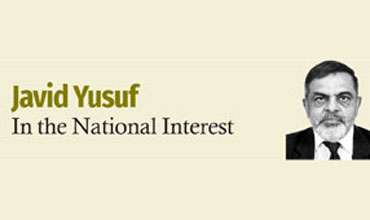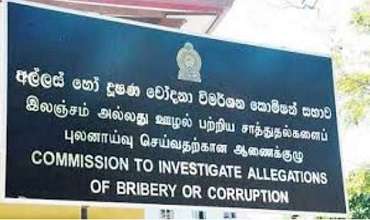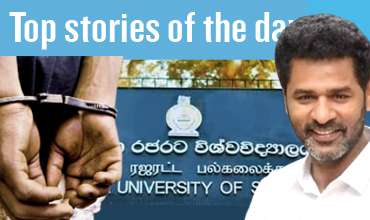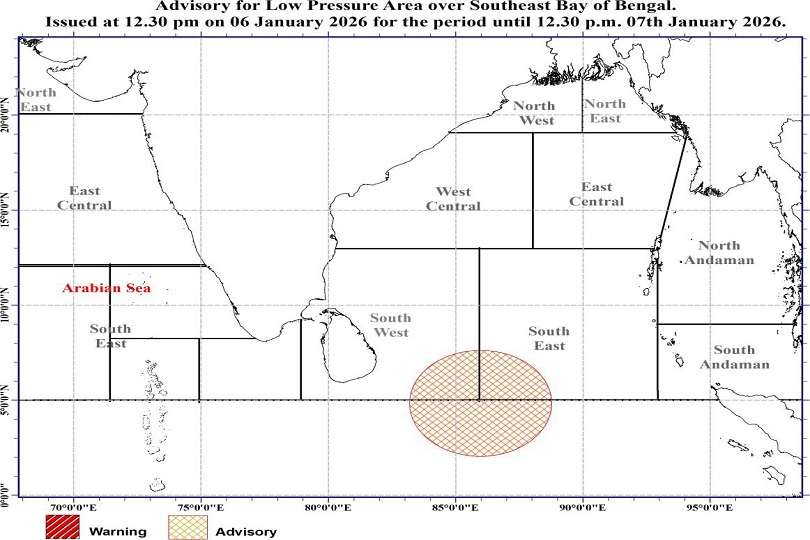Punishing white collar crime
The Presidential Commission appointed to investigate into Treasury bond issuance in 2015 and 2016 was able to unearth irregularities taken place during this period. Its recommendation in the final report, to conduct a forensic audit examination of the Treasury bond issuance from 2008 to 2014 is a significant step as there were allegations of irregularities in the past. A Presidential Commission has already been appointed by the President to investigate into these alleged irregularities. According to media reports the Central Bank of Sri Lanka is also having its own investigations in this regard.
___________________________________________________________________________
By RAJA WICKRAMASINGHE
The Presidential Commission appointed to investigate into Treasury bond issuance in 2015 and 2016 was able to unearth irregularities taken place during this period. Its recommendation in the final report, to conduct a forensic audit examination of the Treasury bond issuance from 2008 to 2014 is a significant step as there were allegations of irregularities in the past. A Presidential Commission has already been appointed by the President to investigate into these alleged irregularities. According to media reports the Central Bank of Sri Lanka is also having its own investigations in this regard.
In the past there were allegations of wrong doing in Treasury bonds issuance and the Stock Exchange dealings. However, the then government had chosen to have them swept under the carpet. Perhaps, to fully understand the white collar crimes that have plagued the country’s Capital Market for decades, a deeper investigation may be needed. These criminals use the poor regulatory environment, lax enforcement and political influence to their advantage to commit financial crimes with impunity.
Lack of political will to launch investigations and inability of regulatory authorities to mete out severe punishments due to political interference in cases of fraud raised questions about how much deterrence was there in this country for these criminals.
There appears to be no way to track the size or scope of these crimes. Action taken against offenders was not reveled. It was not reveled the relevant authority was keeping statistics on them; they won’t make their data public even though such data could provide key insight into the level and frequency of these crimes.
At the heart of the financial crimes is the near-inability to punish the offenders. When the government choose to use Presidential Commissions to investigate these offences; violations are easier to prove this way, requiring achieving only “reasonable probability” that crimes have occurred, than proving through the criminal justice process which imposes a “beyond reasonable doubt” burden of proof. The criminal justice system also requires the prosecutors to act in accordance with the accuser’s rights and protections afforded by the law. By contrast, they don’t apply to Presidential Commission of inquiry proceedings. The commissions are not intended to punish wrongdoers or to compensate victims for financial losses.
Perhaps, the laws could be strengthened allowing the Presidential Commissions to doing a better job than at present. They’ll be able to do it when laws are introduced to severe legal limitations which exists constraining enforcement. However, investigating financial misconduct in the Capital Market by Presidential Commissions isn’t going to deter white collar criminals. These crimes needs to be swiftly investigated and offenders punished without delay, rather than by retroactive investigation process.
In the longer term, to police the Capital Market effectively, the government can kick start by introducing new laws to create an appropriate Capital Market and Securities Enforcement regulatory mechanism, legally empowered enabling it to conduct investigation into financial misconduct in the Capital Market swiftly using the regulatory powers – powers which are not available to criminal-law investigators, and where it determines there is sufficient evidence to warrant criminal-enforcement action, they can simply turn the fruits of their regulatory investigation over to criminal-law enforcement agencies.
When the laws are in place, having the benefit of the evidence gathered by the regulatory enforcement authorities, law enforcement agencies has a much simpler path to investigate.
Without that evidence, criminal-enforcement agencies do not have easy access to the information needed to investigate these crimes, and do not have the legal tools necessary to gather that evidence. The capital market dealings have very high level of privacy and criminal investigators remain shackled by a system that allows financial criminals to hide behind the highest levels of privacy.
Where criminal prosecutions are not warranted, the regulators need to be empowered to impose penalties from fines to more severe penalties such as banning from the Capital Market activities for a specific period and where necessary imposing life time ban for repeat offenders.
Tough new laws and severe punishments to the offenders by seeking criminal charges can send a strong message. It will deter white collar criminals from committing financial crimes. Recovering the loot is hard. To chase money around the globe is very expensive, complex and time consuming.
It has long lived with a system that provides an easy way for fraudsters to hide their ill-gotten gains, making them inaccessible to law enforcement agencies even when the perpetrators are caught. The existence of corporate system that give secrecy to their owners, enable those owners to hide money from the authorities. Perhaps this has been allowed to exist because the same tool is used by the politicians and rich individuals, who also want to hide their money from the authorities in order to protect their ill-gotten wealth from scrutiny and government access.
There are places; to launder money obtained through crime in offshore secrecy jurisdictions that make huge profits managing illegal funds while hiding them from law enforcement. Sadly, until this problem is taken seriously by countries the inability of victims to recover funds will persist.
There are offshore financial institutions having dealings, without having any information as to who the true owners of the funds they are dealing with really are. This creates a huge barrier to enforcement officials trying to recover stolen money. The discussion always seems to end there, without any consideration as to the enormous costs and damage to the economy that the perpetuation of this system encourages. It is a simple fact: if financial institutions are allowed to deal with anonymous accounts, fraudsters will have a clear avenue to hide money from their victims and from the enforcement agencies.
-
Still No Comments Posted.














Leave Comments